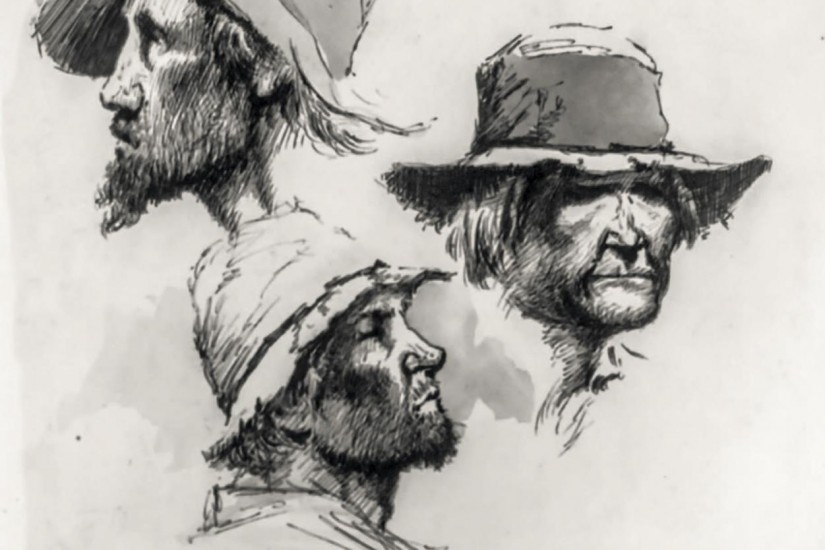Toward the end of her valuable reinterpretation of southern slave society, Masterless Men: Poor Whites and Slavery in the Antebellum South (2017), Keri Leigh Merritt argues that the Civil War-era emancipation of enslaved men and women also freed poor white southerners in many important ways. Her bold pronouncement serves as the dramatic culmination of a book unwavering in establishing that one-third of white southerners in the antebellum Deep South owned neither slaves nor land and endured such desperate circumstances that they were “not truly ‘free’ laborers” (23). The end of slavery brought them new opportunities for work, greater rights, and even land (285).
In concluding her hard-driving analysis with what amounts to a cliffhanger—a prequel of more fully substantiated research to come—Merritt is reviving and extending a controversial thesis. The notion that emancipation freed poor white southerners once resonated with scholars with less admirable aims than Merritt’s. They argued that poor white southerners were the true victims of slavery, not enslaved people, and that the end of the Civil Wardelivered them from the “second degree of slavery.” By the mid-twentieth century, however, historians roundly dismissed this interpretation, pointing to the precarious plight of all poor southerners during the late-nineteenth century.
I assigned Masterless Men to my graduate students last semester, and Merritt’s return to the “dual emancipation” thesis left all of us intrigued. But I also found myself troubled by the racist uses of the emancipation thesis in the past. Given that this argument was once advanced to minimize the horror of slavery, is it worth reprising? Should other historians follow Merritt in marshaling evidence for this provocative claim? Does her admirable focus on understanding the roots of mass incarceration and persistent poverty make her resurrection of this argument more salient despite its role in justifying an unequal social order in the past? Most importantly, can it be substantiated?




















